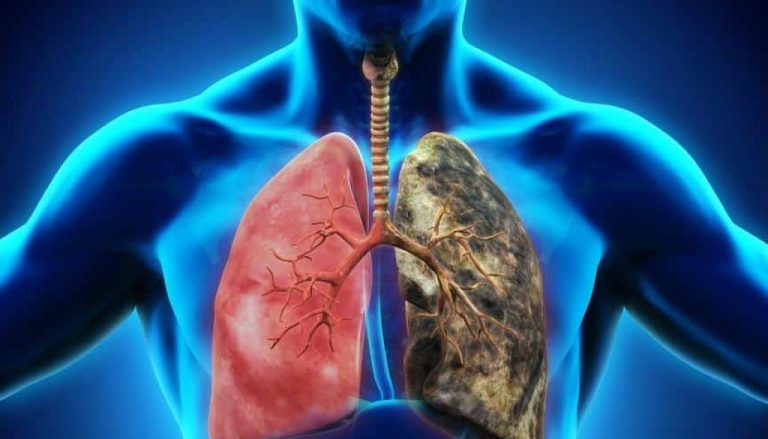Effective policies and taxes are needed to curb smoking and fund public health as chronic respiratory diseases currently affect over half a billion people worldwide, with smoking recognized as a leading cause, according to the World Health Organization (WHO).
The health impact of tobacco use is staggering, contributing to illnesses like chronic obstructive pulmonary disease (COPD), emphysema, and lung cancer. These diseases place an immense burden on healthcare systems and reduce the quality of life for millions.
Addressing this issue requires strong political commitment to drive comprehensive tobacco control policies, especially through taxation and regulation.
Political leadership plays a critical role in implementing and enforcing tobacco control measures, which serve a dual purpose.
First, increasing taxes on tobacco products significantly reduces consumption, as higher prices discourage usage and deter new users, particularly young people.
Second, tobacco taxes generate substantial revenue for governments, which can be directed toward public health programs that address the adverse effects of smoking, such as treatment for chronic respiratory diseases and preventive healthcare campaigns.
This approach not only promotes better health outcomes but also strengthens national health systems, making it a win-win solution for countries committed to combating the global tobacco epidemic.


